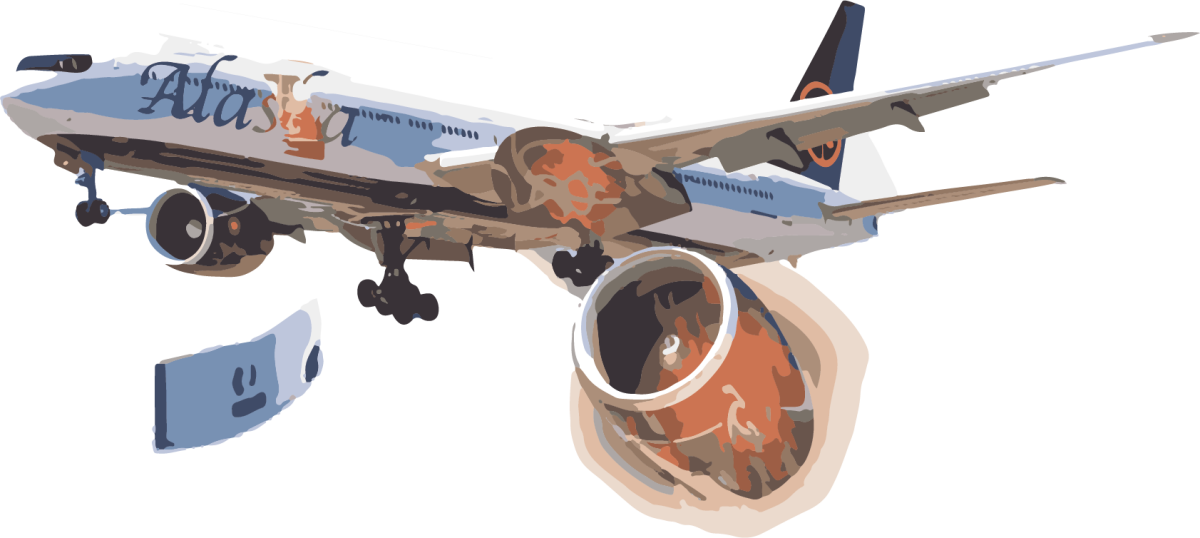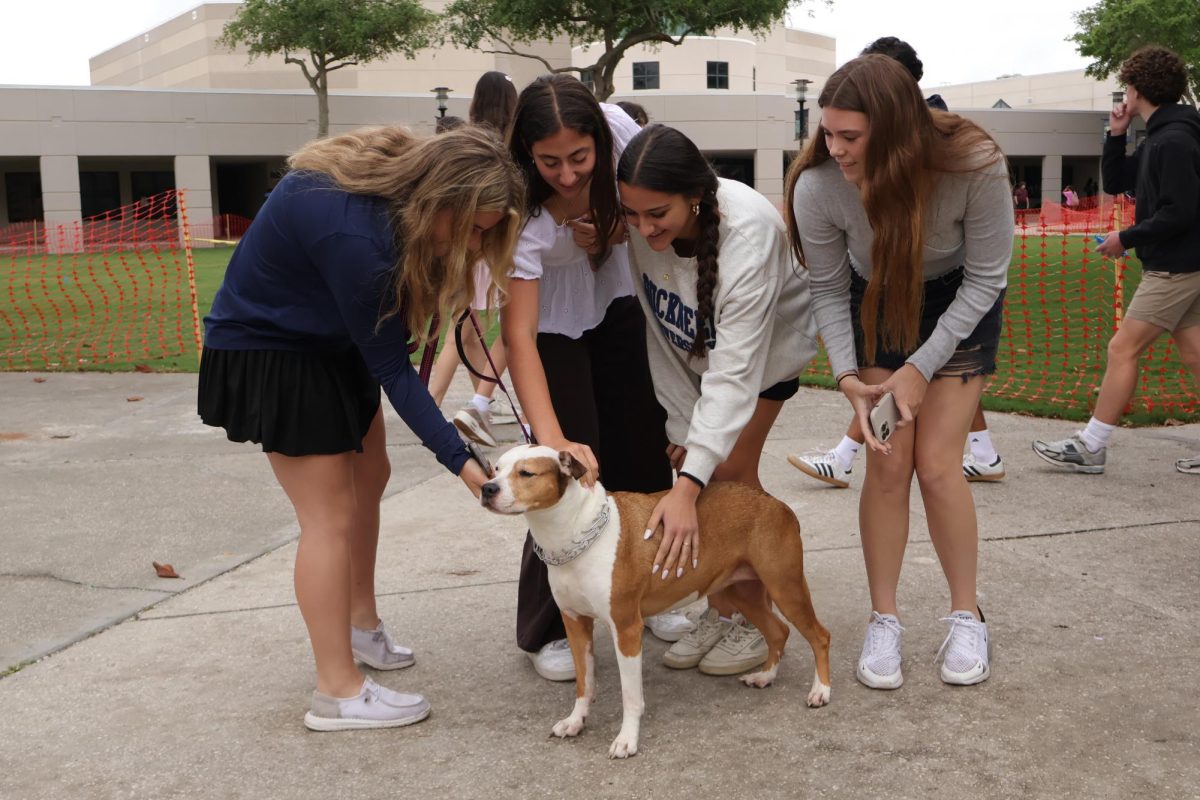Panic and fear fell upon passengers aboard the Alaskan Airlines flight on Jan. 5, when a door panel blew out of the plane at 16,000 feet. Cuong Tran, a passenger who sat just behind the row where the panel ripped off, felt the strong suction caused by the wind. Tran even went airborne for a brief second, but luckily remained inside of the plane due to his seatbelt. Thankfully, no one was seriously injured during the incident. Next time, however, we may not be so lucky.
The frightening door plug accident has not been the only recent technical difficulty that Boeing has encountered. On April 7, an engine cover on Southwest’s Houston-bound flight ripped off and struck the wing during takeoff. This prompted the pilot to make an emergency landing and led to an investigation by U.S. airline regulators.
The Federal Aviation Administration (FAA) has reviewed Boeing’s Quality Assurance processes, which include extensive testing and inspections as well as specific airline maintenance programs in the industry. Unfortunately for Boeing, the results were not favorable. The FAA found that Boeing has not been complying with the FAA’s manufacturing quality control protocols regarding the 737-9 MAX aircraft, the same model in which the door blew out. The issues of non-compliance were found in manufacturing process control, parts handling, parts storage and product control. From dangerous engine malfunctions to loose parts, the FAA has a lot to cover.
“There can’t be any question of safety of an aircraft,” said commercial pilot Rosario Raffa, not affiliated with the Trinity family. “In light of some of the current events that have happened, I think some people are questioning it and the FAA is looking at Boeing and trying to figure out how some of those events came to be because they shouldn’t have happened to brand new airplanes.”
A memo published by the Allied Pilots Association (APA) states that it is determined to find solutions to the plethora of safety issues that plague the airline manufacturing company. This is in light of a recent uptick in quality assurance concerns, which include the removal of overnight maintenance checks as well as other issues. A safety risk assessment (SRA) and investigations will be carried out through the union. The association further urged its members to prioritize their focus on safety protocols instead of hurrying to complete their jobs.
“Don’t be pressured into doing something that doesn’t pass the ‘smell test,’” the organization’s memo wrote on the APA website on April 13. “Just because it’s legal doesn’t make it safe.”
Despite this, Oscar Patino, a pilot qualified to fly Boeing’s B767 and B757, still has faith in the airline company. “I can attest that Boeing [aircraft] are some of the safest and wonderful to fly in the world,” Patino said.
Echoing a similar message, pilot, mechanic and authorized FAA aircraft inspector Jeff Simon noted in an interview with Slate magazine on Feb. 2 that Boeing aircraft are still an extremely safe form of travel. He even notes that it is due to the rarity of aircraft incidents that we see such large media coverage when one does occur.
“I have flown Boeing in the last week, and I’ll fly Boeing again,” Simon said.
Despite the shared notion that commercial aviation continues to be a safe form of travel, Kathleen Bangs, an aviation safety analyst and former commercial pilot, acknowledges Boeing’s pressing safety concerns during an interview with Slate. “It’s a quality control issue,” Bangs said. “There’s no question that Boeing has a quality control problem.”
Recent events have pushed people to reconsider what plane they fly on. Online travel booking sites, such as Kayak, saw a 15-fold increase in the amount of a filter feature that allows potential passengers to change plane preferences and omit certain planes when booking flights.
While many travelers are still apprehensive about flying on a Boeing plane, sophomore Maren Marshall does not share this concern.
“If something happens, they’ve got many safety precautions that they talked about,” Marshall said. “Even something as random as the door blowing off and an engine cover hitting a wing, there are possible precautions that can be taken.” While recent aviation issues have shone a negative light on Boeing, Raffa firmly believes that the aviation industry is still safer than ever.
“Statistically, the most dangerous part of your whole travel is your drive to the airport,” Raffa said. “Once you are in that airplane, you are the safest you are during your travels.”













